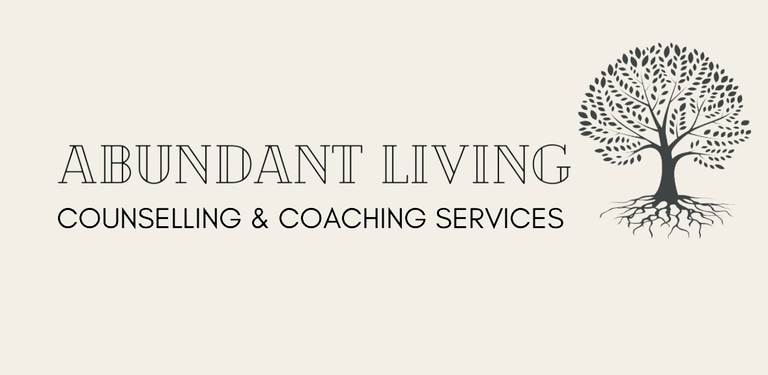Understanding Why We Judge Others
We don’t see others and the world as they are; we see them through our own internal lens.
We don’t see others and the world as they are; we see them through our own internal lens.
It’s natural to judge others. How often do you find yourself thinking or speaking judgmental words about someone else?
Judgment often stems from insecurity or a sense of superiority over others.
Pride plays a significant role in judgment, exposing our own insecurities when we criticize others.
Unhealthy beliefs about us—our past, traumas, and limiting beliefs—can lead to unhealthy actions and thoughts, influencing how we judge others.
We tend to seek information that confirms our existing beliefs about others.
Social influences, such as family or friends who judge others, can shape our own judgmental tendencies.
Cultural norms and values also contribute to our judgments of acceptable and unacceptable behavior.
Understanding these factors helps us navigate social interactions with empathy, understanding, and respect.
Practical Tips:
Awareness and Mindfulness: Recognize that judging others often reflects our own self-judgment.
Empathy Training: Cultivate empathy by considering others’ perspectives and recognizing their unique experiences and motivations.
By becoming more aware of our internal processes and biases, we can foster more compassionate and respectful interactions with others.




